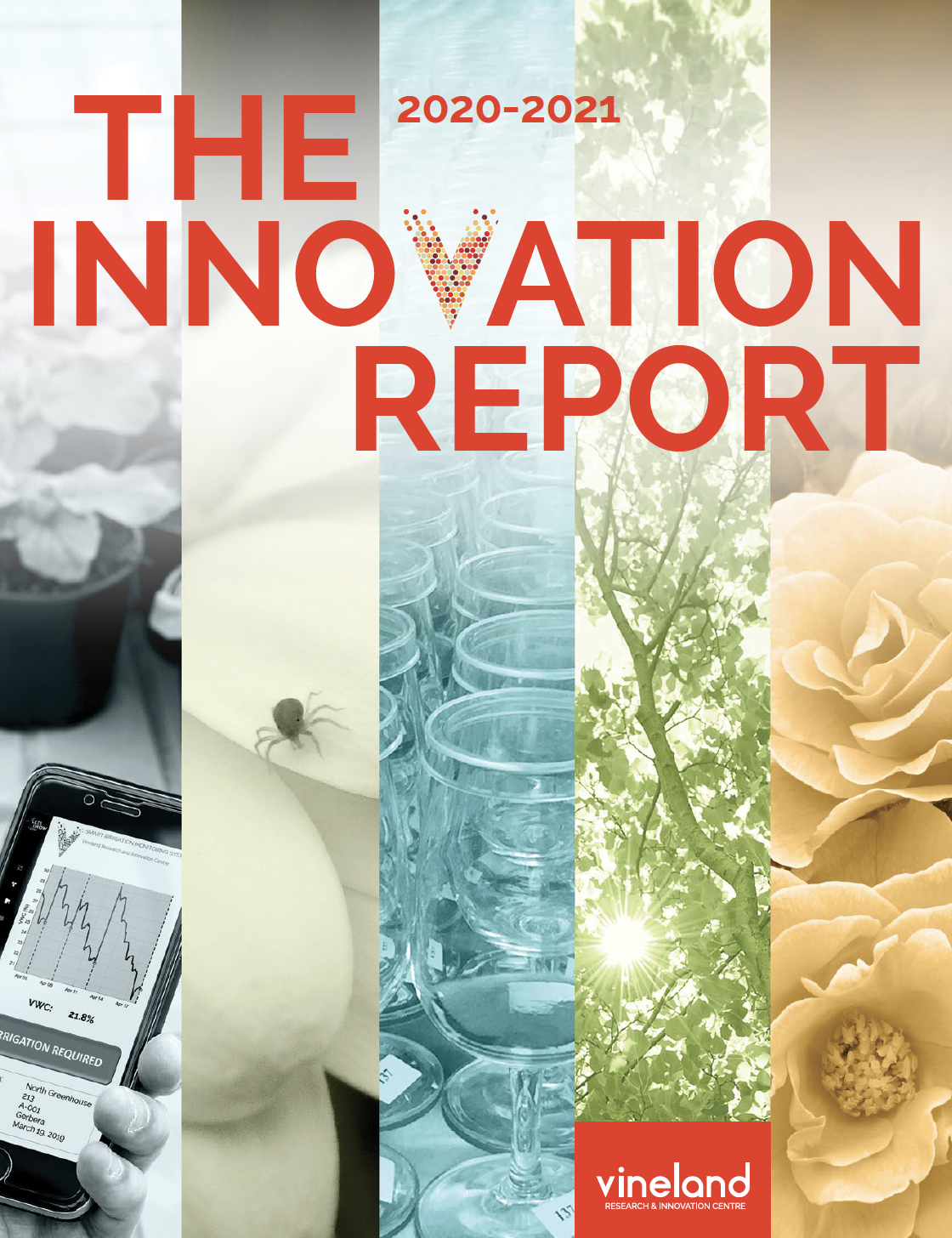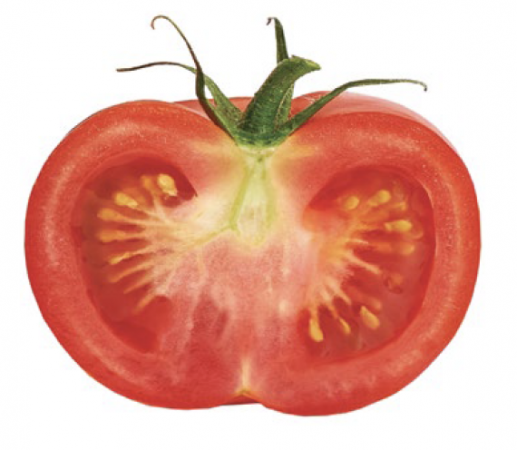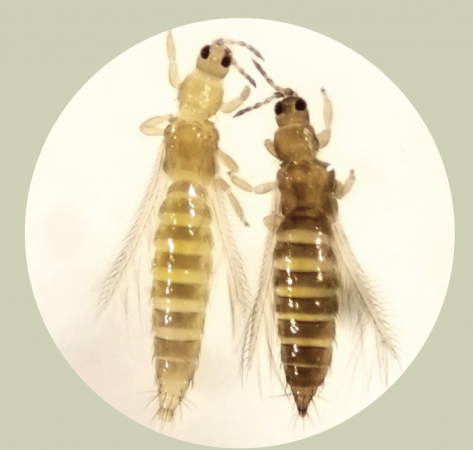
News
Research
Vineland tackles greenhouse hurdles in latest research update
February 26, 2021 By Greenhouse Canada

While COVID rages on, Vineland Research and Innovation Centre (Vineland) has continued to tackle the many challenges facing Canada’s greenhouse sector.
“From biocontrol to new varieties and automation, Vineland’s research in a world-class pre-commercial greenhouse has led to exciting new opportunities for the sector. Our Innovation Report, published annually, highlights some of these success stories,” states Vineland.
Distributing Canadian-bred greenhouse tomatoes
“Currently, three Dutch tomato-on-the-vine varieties dominate Canadian greenhouse production, accounting for the majority of the marketplace. They are bred for the Dutch climate and perform best in those conditions. The new Vineland-bred varieties, by comparison, have a uniquely Canadian focus and will help Canadian greenhouse producers stay competitive in a tough global market,” states the report.

Having released three Ontario-bred varieties that meet both grower and consumer expectations, Vineland partnered with Netherlands-based Eminent Seeds for distribution. “The company is also working with several Ontario growers on additional trials on the selections,” says the report. Researchers are looking to improve these first three selections through further breeding to enhance both flavour and disease resistance as new plant viruses emerge.
Developing a biocontrol program against onion thrips
The report also highlights some of Vineland’s key biocontrol projects, carried out in conjunction with the Ontario Ministry of Agriculture, Food and Rural Affairs (OMAFRA) as well as the University of Guelph. One of which is research on onion thrips.
“Flower growers had always believed that western flower thrips was their dominant thrips species, but it was OMAFRA’s Sarah Jandricic, PhD who discovered a case of mistaken identity and determined the real culprit as onion thrips.”
- READ MORE: Meet the new thrips on the block
Vineland’s research scientist in biological control, Rose Buitenhuis, and technician Ashley Summerfield, have since partnered with Jandricic and University of Guelph entomologist Cynthia Scott-Dupree, to dive further into this issue. 
The team has worked to establish a clearer picture of the onion thrips problem in floral greenhouses: how the pest impacts different crops, how it differs from western flower thrips and how to best monitor for it. They’re currently testing possible biocontrol solutions including different predatory mites
The final step in the project will be to take all the research results and develop an effective biocontrol program.
Closing the labour gap with automation
The rising cost of labour is a challenge. According to the report, it represents 40 to 60 per cent of production costs for horticultural growers.
Vineland’s current activities are centered primarily around automated harvesting, a particularly labour intensive part of the production cycle, with ongoing work on automated mushroom and cucumber harvesting solutions.
- READ MORE: To water or not to water, ask the computer
However, using robotics in fruit and vegetable production requires a new decision-making process driven by artificial intelligence.
To automate harvesting, for example, a robot has to be able to both identify the fruit on the plant and determine whether or not it is ripe for harvest. And it must have the capacity to remove and handle the ripened product without bruising or damaging it, so it still looks good when it gets to the store shelf.
“With automation, we can solve the labour shortage problem, while also bringing a new generation of workers into the industry by being able to offer people challenging jobs as engineers, technicians and system operators,” explains Hussam Haroun, Vineland’s director of automation.
Final additions to 49th Parallel rose collection
Two new beauties are slated for Vineland’s growing 49th Parallel Collection of bred-in-Canada garden and landscape roses. Aurora Borealis has been officially released for 2021 and the first yellow rose in the collection, Yukon Sun will become available in 2023.

Soon-to-be released Yukon Sun.
Both of the new releases fulfill Vineland’s key priorities for the program: roses that can be planted virtually anywhere in Canada that are cold hardy and highly black spot resistant. They were developed in collaboration with the Canadian Nursery Landscape Association which has rights to varieties from the discontinued Agriculture and Agri-Food Canada hardy rose breeding program.
Vineland has also begun licensing several selections that will soon become members of reputable collections managed by other organizations and is involved in international trials of some of its roses in Europe and the United States.
“We have strict parameters for Vineland’s 49th Parallel Collection roses, so we have beautiful flowers that don’t meet our criteria but could offer an opportunity to growers in other climate zones while providing benefits back to Vineland and our Canadian rose breeding work,” says Business Development Advisor Amanda Moen.
For the full report, download it from the Vineland Research and Innovation Centre website here.
With files from Vineland Research and Innovation Centre
Print this page